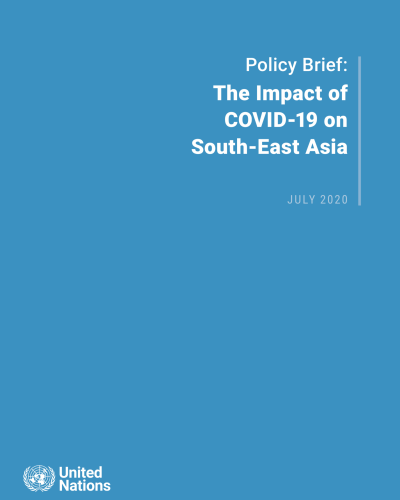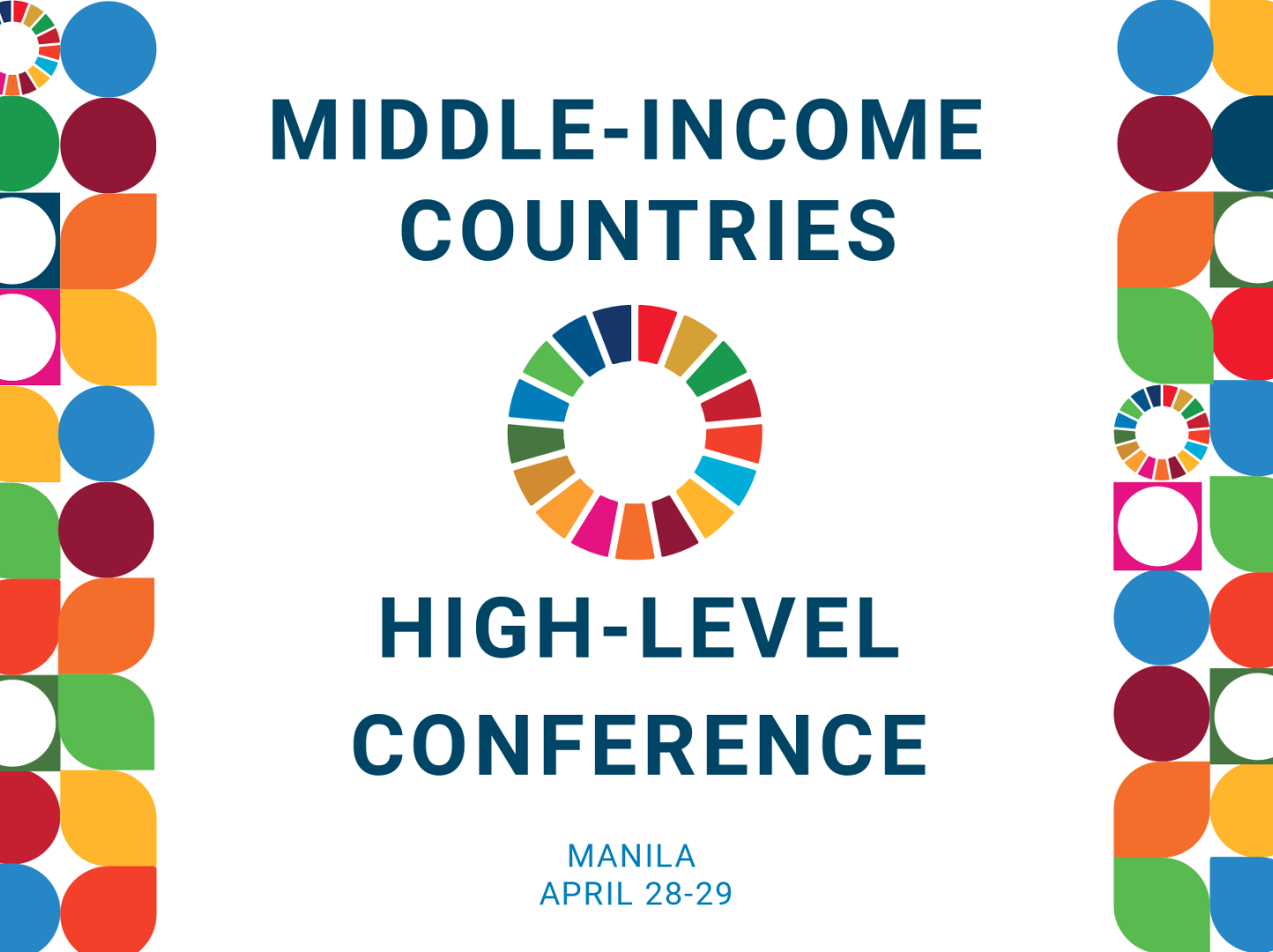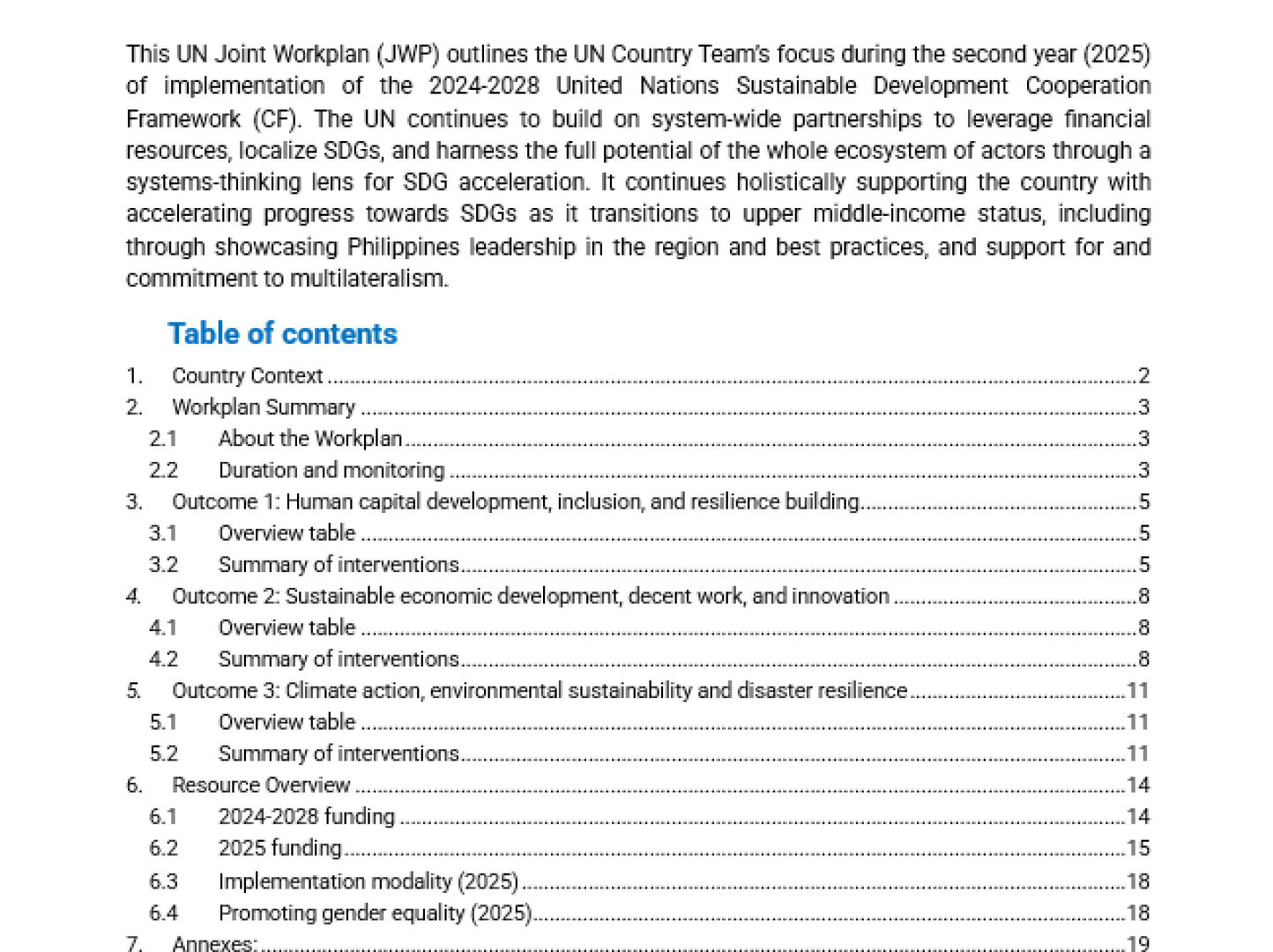Publication
UN Secretary-General's Policy Brief on the Impact of COVID-19 on Southeast Asia
30 July 2020

The policy brief examines the impact to date of COVID-19 on the eleven countries[1] of South-East Asia:
- Governments have acted swiftly to battle the pandemic and avoid its worst effects. Regional cooperation has been robust across multiple sectors.
- South-East Asia has reported significantly lower confirmed COVID-19 cases and related deaths, on a per-capita basis, than most other global regions.
- The health, economic and political impact of COVID-19 has hit the most vulnerable the hardest.
- The pandemic has highlighted deep inequalities, shortfalls in governance and the imperative for a sustainable development pathway.
- Four areas are critical for a recovery that leads to a more sustainable, resilient and inclusive future:
- Tackling inequality. Nobody is safe until everybody is safe. Short- and long-term measures must meet the needs of vulnerable groups: including people in the informal economy, women and girls, persons with disabilities, migrants and refugees.
- Bridging the digital divide. People and communities must not be left behind as services and support are increasingly based on digital awareness, literacy and access.
- Greening the economy. South-East Asian nations could embed long-term sustainability and inclusivity in their COVID-19 response and recovery packages, including scaling up investments in decarbonizing economies.
- Upholding human rights and good governance practices. Building back better includes respecting and fulfilling fundamental human rights and protecting civic space.
- All governments in the subregion have supported the Secretary-General’s appeal for a global ceasefire. It is important to translate that commitment into meaningful change by ensuring COVID-19 responses address conflict situations.
- The UN is strongly committed to the region and is supporting governments at the country level. We are providing essential medical supplies; offering technical and financial support for social protection programmes; assessing the socio-economic impacts of the virus and developing mitigation strategies; supporting refugees and returning migrants; helping governments carry out COVID-19 risk communication; and helping address the surge in violence against women and children during the pandemic.
[1] Brunei, Cambodia, Lao PDR, Indonesia, Malaysia, Myanmar, Philippines, Singapore, Thailand, Timor Leste and Viet Nam
Published by
UN



